There’s nothing more American than drinking a can of the brown, bubbly, sugar-water that is Coke. At least, that’s what the marketing campaigns for the beverage have been telling us for decades.
It is true that we love our sodas. We grow up drinking them and see everyone around us drink them like water.
A Gallup poll revealed that 48% of Americans surveyed report drinking soda on a daily basis. Among those, the average intake was an insane 2.6 glasses a day. Some global estimates put the total servings of Coke consumed on a daily basis at 1.6 billion servings.
My teeth hurt just thinking about it.
We all know Coke is ridiculously sweet. We also know that soda in general is pretty bad for us, especially if consumed in large quantities on a regular basis. But what does each can do to the body?
Fortunately, science has the answers we’re looking for. Let’s find out.
The First Hour
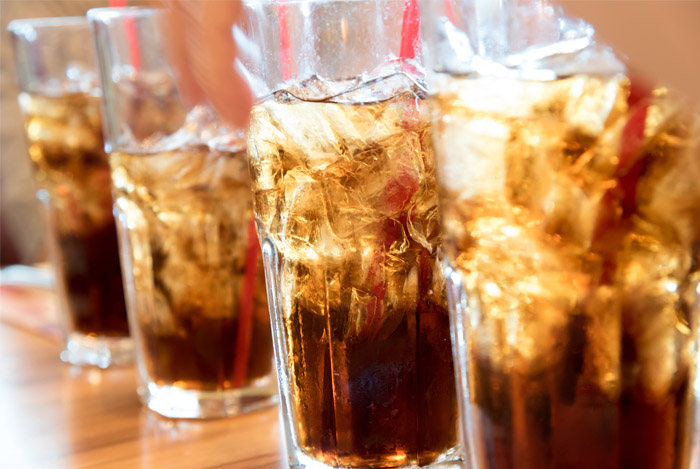
An infographic posted by The Renegade Pharmacist, purported to detail what was actually going on in the body after drinking a can of Coke up to an hour after drinking it, made the rounds over the summer on social media. Facebook and Twitter were full of people reacting to the horrors of soda.
Breaking down the effects at close to ten minute intervals, the infographic revealed some pretty terrifying facts.
But wait, were they really facts?
Not entirely. As it turns out, the infographic was only partially true.
| The Claim | The Truth |
| 10 Minutes After Consumption
The body has just consumed ten teaspoons of sugar, 100 percent of your recommended daily intake. You would be nauseous or even vomiting if it weren’t for the phosphoric acid in the soda that makes the sweetness less intense. |
Phosphoric acid is not stopping you from blowing chunks. There are many studies where participants consumed beverages with more than 10 teaspoons of sugar – without phosphoric acid – and did not vomit or even feel nauseated. |
| 20 Minutes After Consumption
Your blood sugar is through the roof, and insulin is being pumped into your bloodstream. The liver responds by turning all of the sugar it finds into fat. |
Insulin is not the problem here. The reason why the liver is creating fat from sugar is because of the way it metabolizes fructose. Kimber Stanhope, PhD, RD, even published a scientific paper about this very process. |
| 45 Minutes After Consumption
Now your body begins upping your dopamine production, which stimulates the pleasure centers of the brain. Very similar to the way heroin works. |
Just because something increases dopamine production does not make it anywhere near the same as a horrifying drug like heroin. This sort of comparison is sensationalism through and through. |
So, while all of the information contained in the infographic was not entirely false, a lot of it was overstated or exaggerated to the point where it seemed to have the intention of frightening people instead of educating them.
But it’s definitely still true that Coke is packed with sugar, and a potent source of caffeine. So, what are they actually doing to you?
Sugar
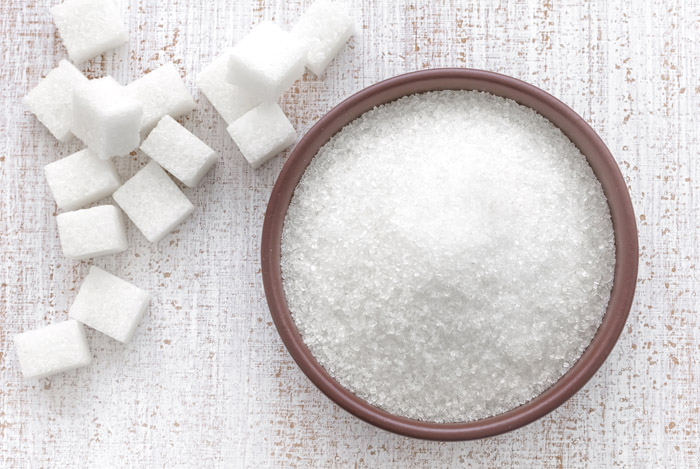 The Center for Science in the Public Interest (CSPI) labels sugary drinks as a major factor in the obesity epidemic. They even favor imposing hefty taxes on their consumption.
The Center for Science in the Public Interest (CSPI) labels sugary drinks as a major factor in the obesity epidemic. They even favor imposing hefty taxes on their consumption.
The executive director of CSPI, Michael Jacobson, PhD, says soft drinks are the biggest single source of empty calories in the American diet. “According to the USDA, 16 percent of calories in the typical American’s diet come from refined sugars and half of those calories come from beverages with added sugar”.
We’re consuming far more sugar than we ever have before. In fact, at today’s rates, we’re consuming twice as much as we did in 1970. “Sodas used to be an occasional treat”, Jacobson continues, “but now they are part of the culture”.
Compared to most snacks, Coke and other sodas still place around the top of the list when it comes to sugar content. But, while Coke has 39 grams of sugar, a Snickers bar has around 57 grams. Pick your poison.
When you consume large quantities of added sugar, your pancreas secretes insulin – the hormone that helps cells use sugar for energy. Insulin tells the liver, muscle, and fat cells to pull the sugar from the blood.
If you aren’t low on energy, the liver and muscles store that glucose as glycogen instead. When this glycogen storage bank becomes too full, the body begins turning that glucose into fat.
So no, drinking a Coke does not immediately make you fatter – if you could actually use the calories because you haven’t eaten yet or you’re being very active at the time, your body would be better able to process it.
But, if you live a mostly sedentary lifestyle and drink multiple glasses of soda a day, that’s when the fat starts packing on.
Caffeine
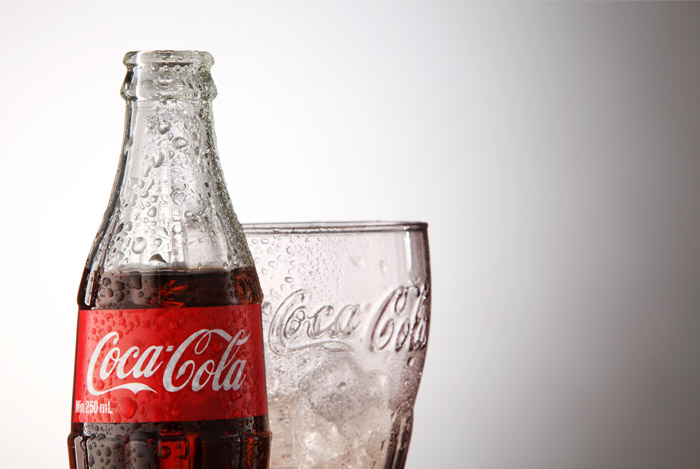 Before there ever were energy drinks, there was Coke. One 12 ounce can of Coca-Cola contains 34 milligrams of caffeine.
Before there ever were energy drinks, there was Coke. One 12 ounce can of Coca-Cola contains 34 milligrams of caffeine.
But, when you compare that to other beverages Americans drink on a daily basis to get their caffeine rush, it’s nowhere near as startling.
A regular cup of brewed coffee can contain nearly 200 milligrams of caffeine. If you frequent Starbucks, you’re getting way more. Their dark roast coffee contains 330 milligrams of caffeine in a medium-sized cup.
The effects caffeine has on the body are varied. According to the Mayo Clinic, it’s okay for most adults to consume around 400 milligrams of caffeine a day. They are not saying it’s okay to drink that much Coke a day.
Caffeine stimulates your central nervous system, helping you to feel more awake. It raises the amount of acid in your stomach, and acts as a diuretic, telling your body to get rid of excess water. That’s one reason why sodas are not great for quenching your thirst.
It’s really hard to get away from caffeine if you’re an adult in today’s society. If you work a job where you have to wake up early in the morning to make it to work on time, caffeine not only gets you up and running, but might be seen as the highlight of that morning. You may not want to give it up.
But do not, I repeat, do not use Coke as a means of getting that caffeine in your system. Drink coffee, or better yet, tea.
What About Diet Coke?
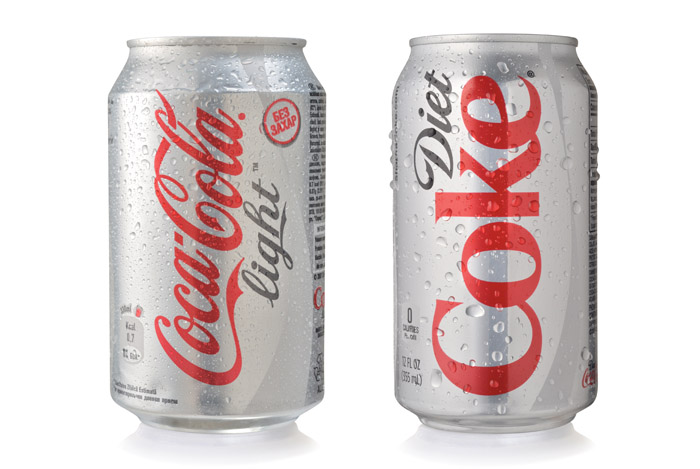 A lot of people who really love Coke often switch to Diet Coke, hoping to still get the same sweet beverage in their life without feeling guilty about all that sugar.
A lot of people who really love Coke often switch to Diet Coke, hoping to still get the same sweet beverage in their life without feeling guilty about all that sugar.
One benefit of Diet Coke is that the artificial sweeteners used don’t leave the same residue in your mouth that sugar does, meaning you’ll have less plaque build-up. The bacteria that feast upon sugar won’t have any food to eat.
But the cons seem to outweigh the pros. While you may be drawn to diet soda in general for having less calories if you’re trying to lose weight, they may actually be contributing to weight gain.
Marissa Puleo, a registered and licensed dietitian told Medical Daily:
“Artificial sweeteners found in diet sodas have been found to increase sugar cravings because [they’re] not a natural source of sugar and the brain continues to seek the real deal. This can lead to increased eating and drinking because your body isn’t satisfied”.
A study published in Nature even suggested that while increasing your desire for more fattening foods, artificial flavorings in diet sodas actually interfered with the gut’s natural bacteria, making us less tolerant of glucose.
Research performed by epidemiologist Hannah Gardener, PhD, of the University of Miami showed a 48% increase in heart attack and stroke risk among daily diet soda drinkers, compared to people who did not drink them.
Correlation does not imply causation. A lot of that probably has to do with the overall lifestyle choices being made by people who think it’s okay to drink a can or more of soda every day. But the soda definitely can’t be helping any.
Diet Coke also contains around 11 milligrams more caffeine than regular Coke.
Why You Should Quit Sodas Altogether
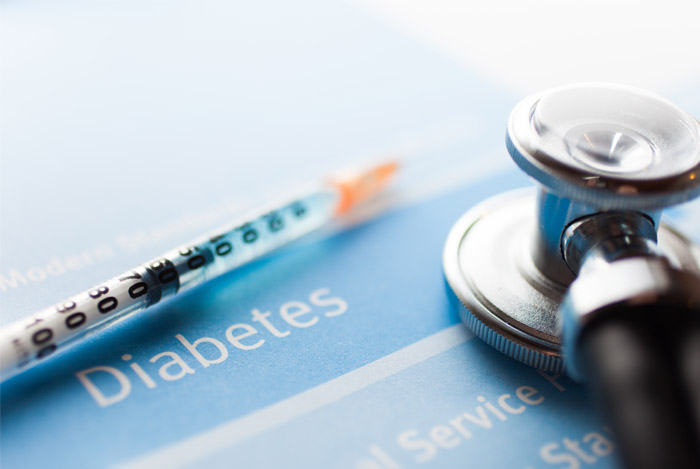 Studies are constantly performed on the relationship between sugary sodas and human health. And mostly, their findings aren’t good.
Studies are constantly performed on the relationship between sugary sodas and human health. And mostly, their findings aren’t good.
One study found that drinking one 12 ounce can of soda each day can increase your risk of dying from heart disease by nearly one third.
Other studies have found that people who drink one to two sugary beverages per day have a 26% higher risk of developing type-2 diabetes compared to people who drink less than one per month.
Research is now demonstrating that our bodies handle liquid sugar very differently than sugar found in our foods, especially if those foods contained fiber.
When you eat a piece of fruit, you may be receiving up to 20 grams of sugar, but because it takes so long for the fiber in the fruit to digest, the sugar is more slowly released rather than impacting the bloodstream all at once.
Studies have also shown that drinking high-calorie beverages like Coke, which has 140 calories in a 12 ounce can, does not fill us up as much as if we had eaten the same amount of calories. That makes it far easier to consume twice as many grams of sugar as are found in a piece of fruit, and not realize it.
So, if it’s such an obvious health risk, why drink soda at all?
How To Quit
 If you’re a regular soda drinker looking to quit, one easy solution is to simply pour yourself a glass of water. I know, water doesn’t have the same taste or bubbliness as Coke, but if you force yourself to drink it, you’ll eventually find the urge to open up a can has seriously diminished.
If you’re a regular soda drinker looking to quit, one easy solution is to simply pour yourself a glass of water. I know, water doesn’t have the same taste or bubbliness as Coke, but if you force yourself to drink it, you’ll eventually find the urge to open up a can has seriously diminished.
A lot of the reason why you want that Coke in the first place is because you’re thirsty. Once water has quenched your thirst, you might wonder why you thought Coke was a good idea to begin with.
If you’re addicted to soda, you can also slowly wean yourself off by drinking less and less each day, the same way you might with anything your body and mind become dependent on.
One way to do this is by actually mixing your soda with water. By drinking less and less over time, you’ll be consuming fewer calories and less sugar. Eventually, you may end up just wanting to drink water.
If you keep track of your daily calorie intake, you may be shocked at how many calories you actually consume. Once this happens, you might want to cut sodas out altogether immediately simply because of how many extra calories they supply.
Once you start exercising and trying to lose weight, you may try and calculate how long it takes to burn off those excess calories soda gives you. When you realize that you’re looking at miles of running to burn off the calories in a single can of soda, you might think twice about purchasing them ever again.
Final Word
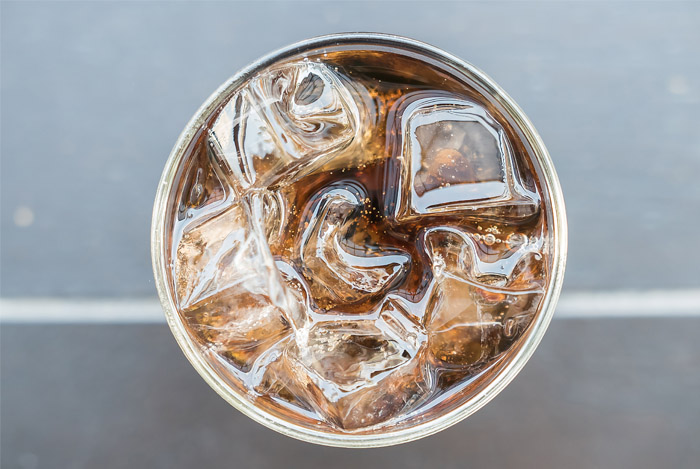 It may be hard to completely eliminate soda from your diet. And while I would heavily recommend anyone seeking to promote better health for themselves do so, I understand your difficulty.
It may be hard to completely eliminate soda from your diet. And while I would heavily recommend anyone seeking to promote better health for themselves do so, I understand your difficulty.
Like anyone involved in telling people what they should and shouldn’t eat, I revert back to the old saying: everything in moderation.
Don’t beat yourself up over having a can of Coke very occasionally if you absolutely have to, as long as you aren’t drinking it while eating a candy bar and a bowl of chocolate ice cream.
Treat sodas the way they’re meant to be treated: as sugary snacks. If you look at them that way, and not as something you should be washing down all your meals with, you’ll be one step closer to truly treating your body right.
Have you made the right decision to quit drinking sodas?
The post What Each Can of Coke is Really Doing to Your Body appeared first on Nutrition Secrets.
http://www.nutritionsecrets.com/what-coke-does-to-your-body/
No comments:
Post a Comment